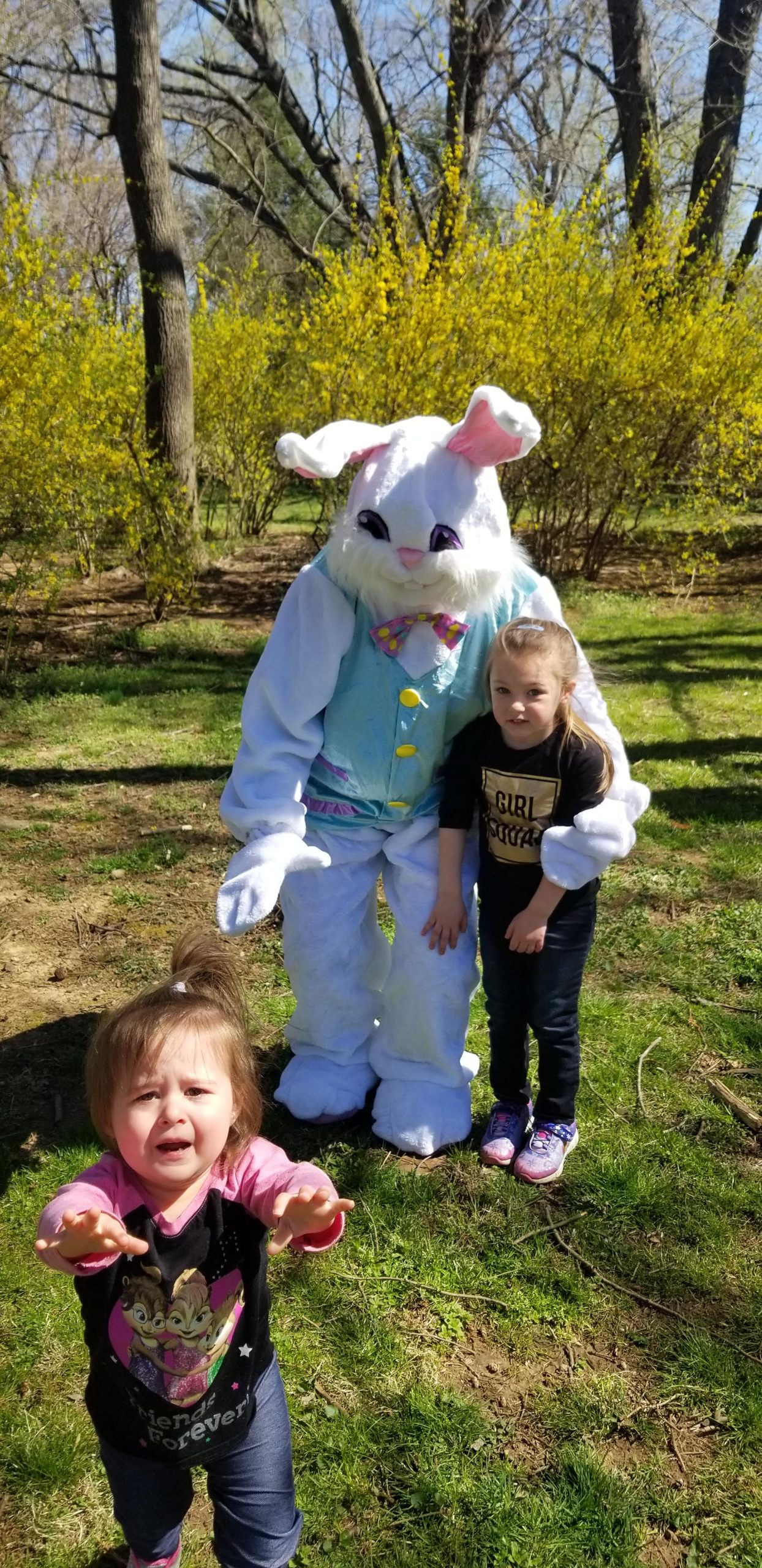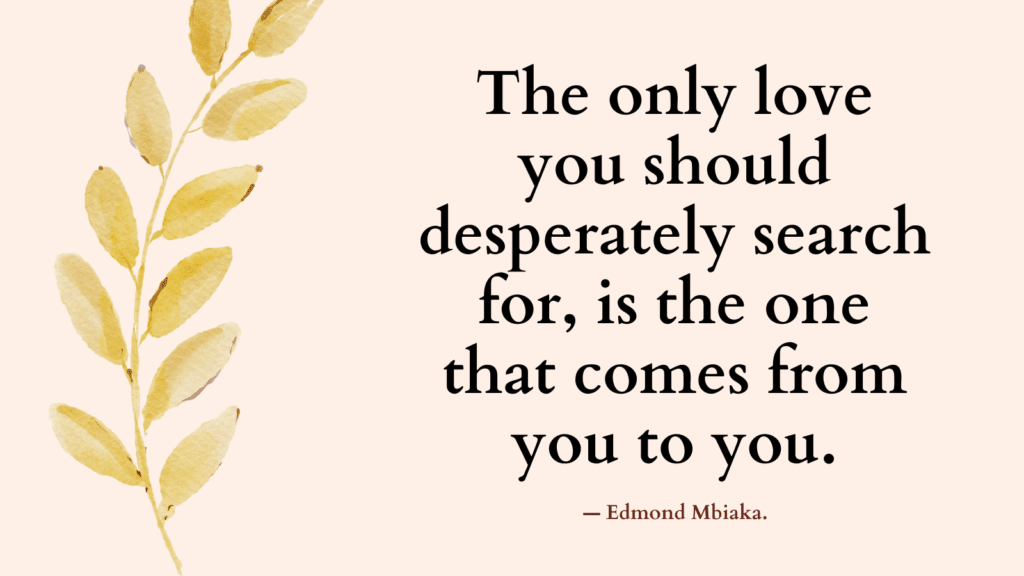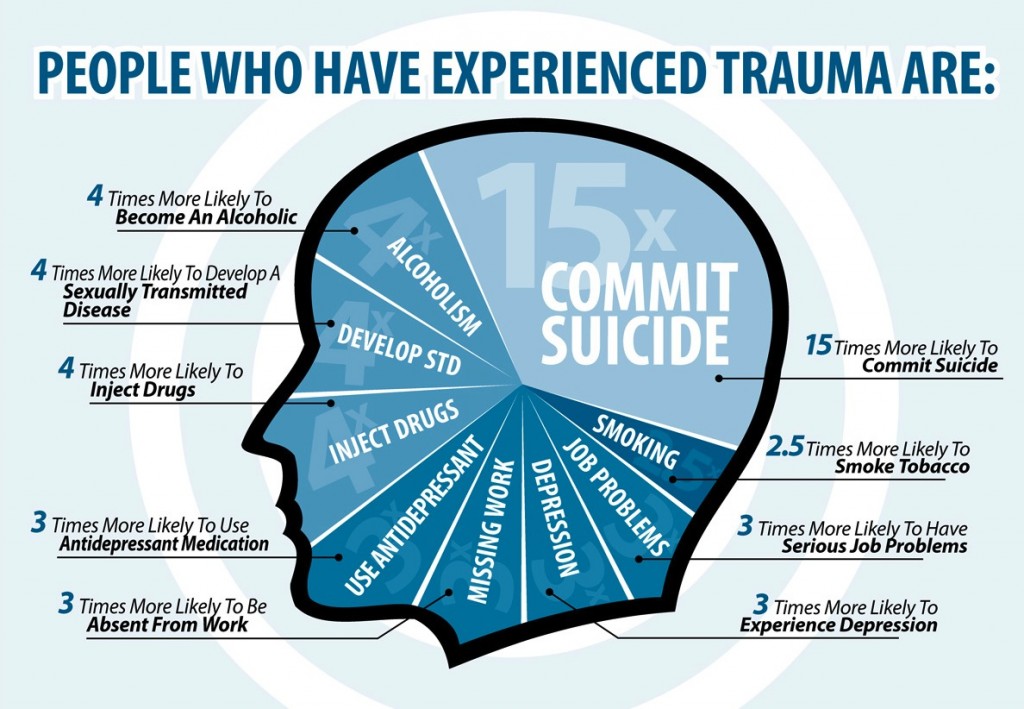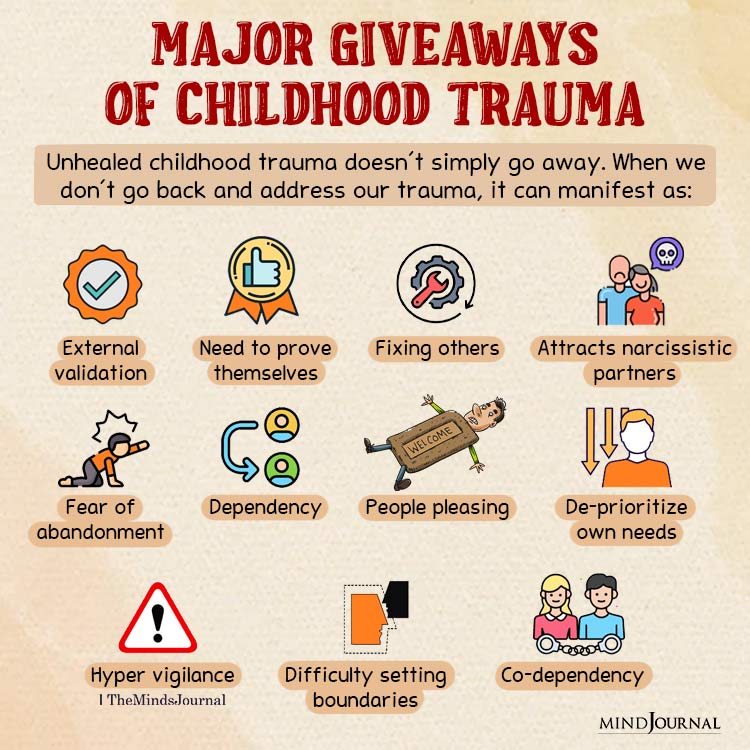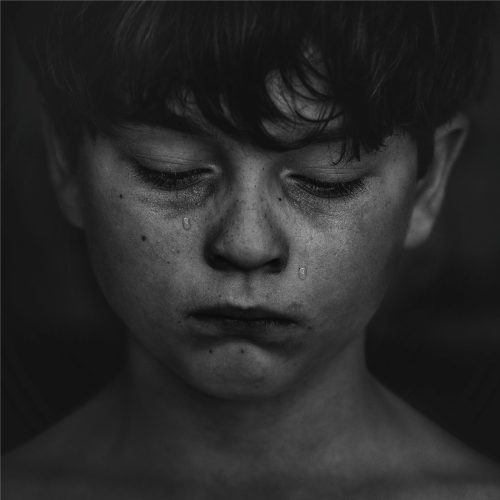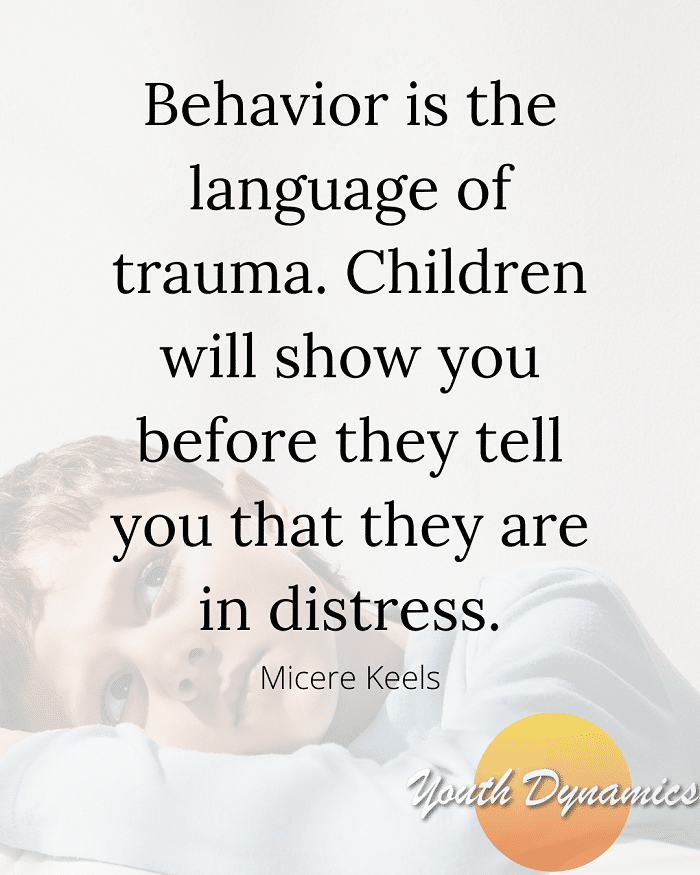
Can a Bad Childhood Make You More Creative?Can a Bad Childhood Make You More Creative? In an article titled “Can a Bad Childhood Make You More Creative?”, author Livvy Moore shares her insights on how her traumatic childhood has impacted her creative abilities. She argues that despite the pain and adversity she endured, it has ultimately shaped her into the successful creative director she is today. Moore highlights five key traits that she believes stem from her childhood trauma and have contributed to her professional success: 1. Emotional Sensitivity: Having grown up in an environment where violence was present, Moore developed a heightened ability to read the emotions of others. This skill allows her to anticipate consumer trends and understand client motivations in her creative work. 2. Escapism: Moore learned to escape difficult situations by creating imaginary worlds. This ability has enabled her to tap into her imagination and generate original ideas in a noisy industry where conformity often prevails. 3. Humor: Humor served as a coping mechanism for Moore during her childhood. She uses this same wit to connect with people in her advertising campaigns, creating memorable and engaging content. 4. Control: To compensate for the lack of control she felt as a child, Moore strives for precision and attention to detail in her work. This has made her a formidable problem-solver and project manager. 5. Empathy: Moore’s childhood experiences have instilled in her a deep sense of empathy. This quality permeates her interactions with colleagues and clients, enabling her to build strong relationships and lead effectively. While acknowledging that her childhood was far from idyllic, Moore emphasizes the silver lining: “The parts of my personality that have made me a successful creative director are precisely the traits that emerged from my trauma.” She encourages others who may have experienced similar adversity to embrace their past and recognize the potential it holds for personal growth and professional success.
Can a bad childhood make you more creative? Livvy Moore shares her little silver lining.
I’ve often joked that those who grew up with idyllic childhoods are the most painfully boring adults.
While that may be a bit unfair, I’ve noticed that the most dynamic people in our industry seem to have this trait in common. And although I wouldn’t wish my youth on anyone, there is certainly a silver lining to it. The parts of my personality that have made me a successful creative director are precisely the traits that emerged from my trauma.
We can read emotions
If you spend your childhood exposed to violence, you become very good at reading the room. I developed a “sixth sense” that allowed me to be hyper-attuned to how others were feeling, likely as a defense mechanism to respond more quickly to danger. In record time I was able to find out what someone wanted or needed and what triggered or motivated them.
Powered by AI
Discover frequently asked questions
Throughout my career, I have found that this skill can be repurposed. While I no longer need to understand human emotions to avoid danger, I do need to understand them when developing a creative strategy. The part of me that can anticipate my parents’ next move is the same part that allows me to anticipate consumer trends.
We understand escapism
There are parts of my childhood you wouldn’t want to read about. While those parts were happening, my brain would disconnect and create new worlds to escape.
In the creative industry we are surrounded by noise. Many of us cannot drown it out – and it shows in our ideas. We create concepts and create campaigns based on how we think they will be received, leaving a shocking amount of the work our industry produces completely unoriginal.
But for those of us who had to escape when we were young, we learned to dream at the same time. We learned how to tap into our own imaginations and make those ideas more powerful than the noise around us. With every pitch I make, I escape back to this same part of my brain.
We rely on humor
Throughout my life, I have found that humor is the best defense mechanism I have – and many who have experienced childhood trauma feel the same way.
When we’re funny, no one asks us what’s going on at home or judges us for being different. Ultimately, humor is a way to connect with people, regardless of what you may or may not have in common.
It is one of my deepest beliefs that advertising is merely the art form of understanding humanity, and that humor is one of the most powerful human connections there is. The same quick wit I’ve used to get off my pan is the same one I inject into the copy I write for brands.
We are control freaks
No matter what kind of trauma you experienced as a child, we all have one thing in common: we never had any control over it.
So it’s not surprising that many of us tend to overcompensate in adulthood. We try to control elements of our lives as an unconscious way to make amends and take back our own power.
Suggested newsletters for you
Daily briefing
Daily
Stay up to date with the most important stories of the day, compiled by our editors.
Ads of the week
Wednesday
See the best ads from the past week – all in one place.
The drum insider
Once a month
Learn how to pitch to our editors and get published on The Drum.
In advertising, this can be a superpower. I have found that this has made my attention to detail second to none and my ability to see a project through from start to finish unwavering. These qualities allow me to solve problems with ease, which is critical in our industry, regardless of your role.
We have no choice but to sympathize
As adults, we are somewhat hardened to the world, and our view of it can often be rigid. But as children, we still have that part of us that can see the good in even the worst.
If you, like me, have experienced trauma, chances are you have tried to understand the traumas that caused your pain, perhaps even resolve them, and you have certainly tried to empathize with them. Because without empathy there is no hope for change. And without hope there is nothing.
This empathy we learned so young stays with us, and when we embrace it, it is our ultimate superpower. It permeates every interaction we have, from Zoom meetings to board meetings and beyond. It is the mark of a true leader.
Whether you’re just starting out in the industry or are a seasoned professional – know that your past doesn’t define you, and if you let it, it can be the very thing that fuels you.
If you enjoyed this, you’ll probably like Vox Media’s take on creativity from AJ Gutierrez: An Insane Guide to Being Creative: Find Your Crazy Eye, Be Honest, Find the Freaks

